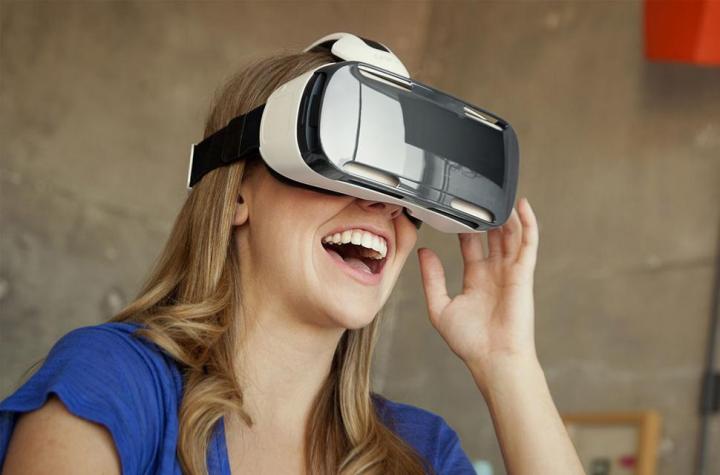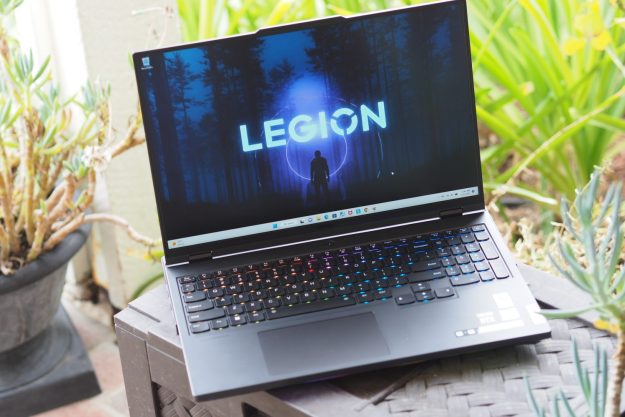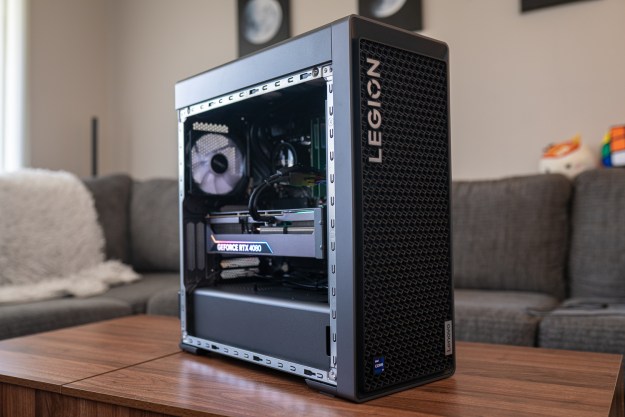
NBC has promised that this year it will broadcast as many as 85 hours in virtual reality — including both the opening and closing ceremonies, men’s basketball, gymnastics, volleyball, track and field, diving, fencing, and boxing. Of course, there are some requirements — you’ll have to own a Samsung phone and Samsung Gear VR headset.
On top of needing a Samsung device, you’ll also need a paid TV subscription, as NBC’s broadcasts must be watched online. Also, the VR content won’t be live. You’ll be able to experience the opening ceremony in VR on August 6, the day after the actual opening ceremony, and broadcasts will continue until August 22, the day after the closing ceremony.
NBC gets its footage from Olympic Broadcasting Services, which announced earlier this year that it would be filming some events in VR and even in 8K.
It will certainly be interesting to see how well the sporting events can be captured in virtual reality and how much that adds to the viewing experience. Will it really feel like we’re in the arena during the opening ceremony? Or like we’re running alongside Usain Bolt?
Samsung is also rumored to be building a special Olympic edition of its Galaxy S7 Edge, no doubt to sell alongside the Gear VR, which can be viewed to watch the Olympics. Sure, the Gear VR isn’t the most accessible virtual reality option — that title goes to Google Cardboard — but it is the most accessible beyond Cardboard, and has been a target for content creators who might not have as much reach through devices like the Oculus Rift or the HTC Vive.


